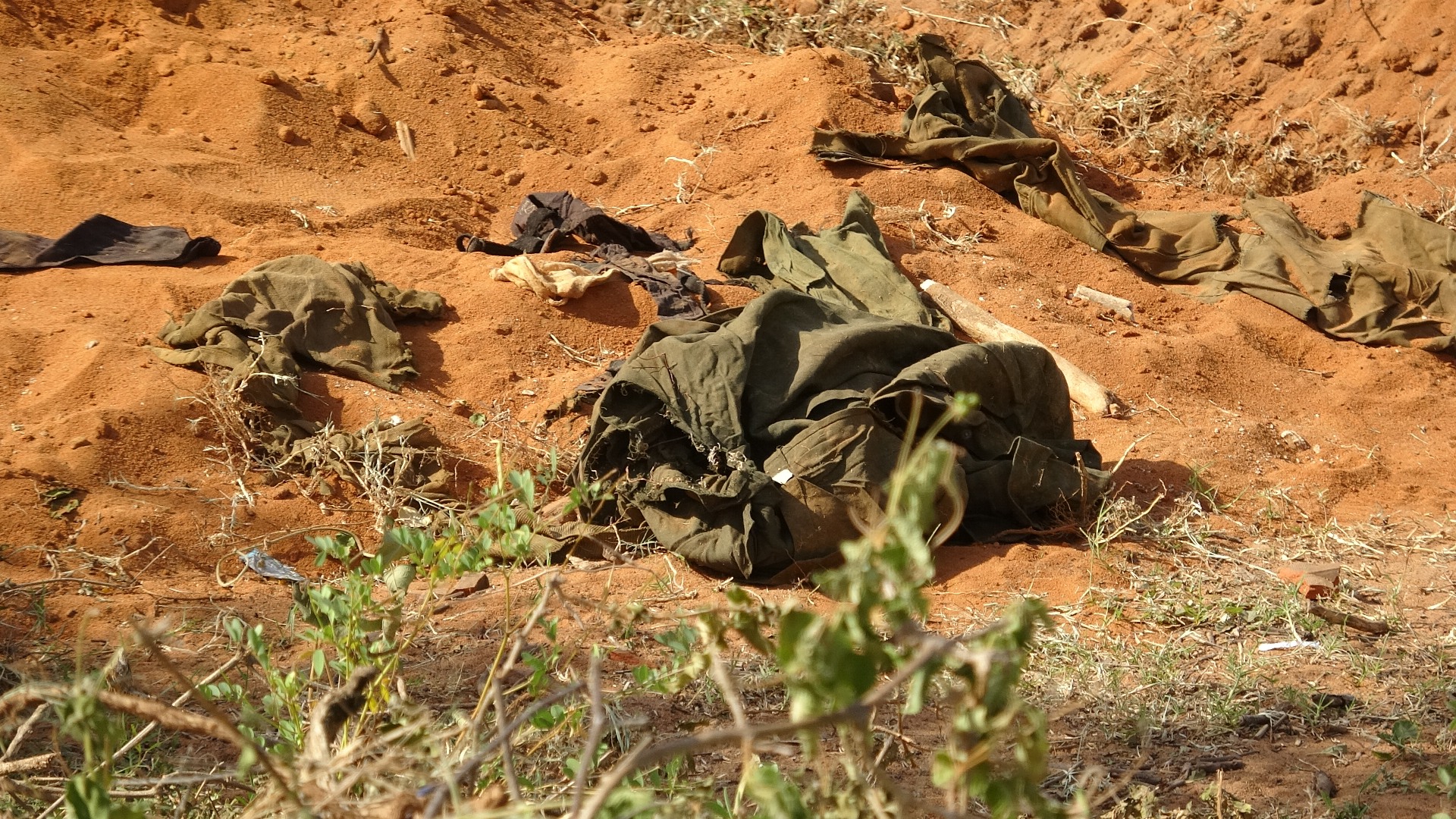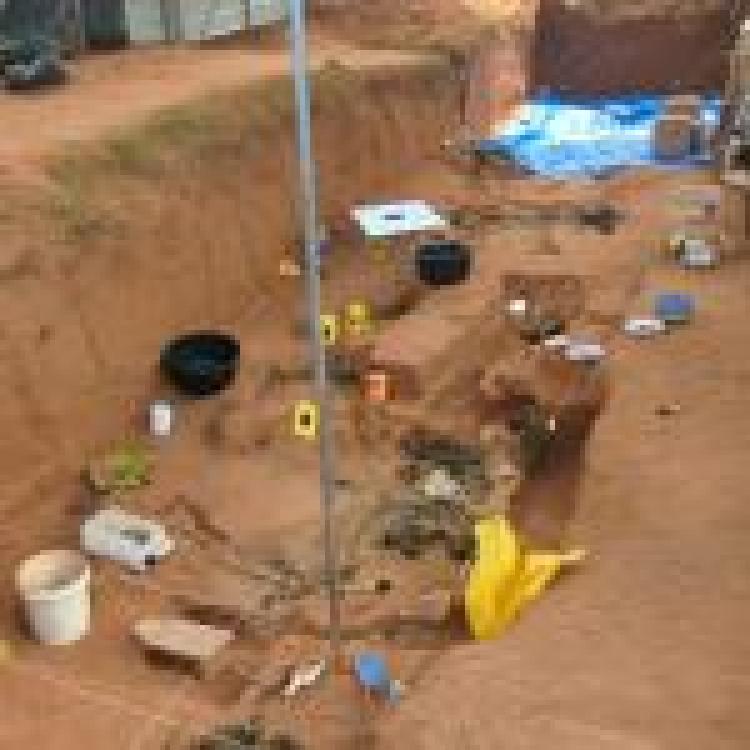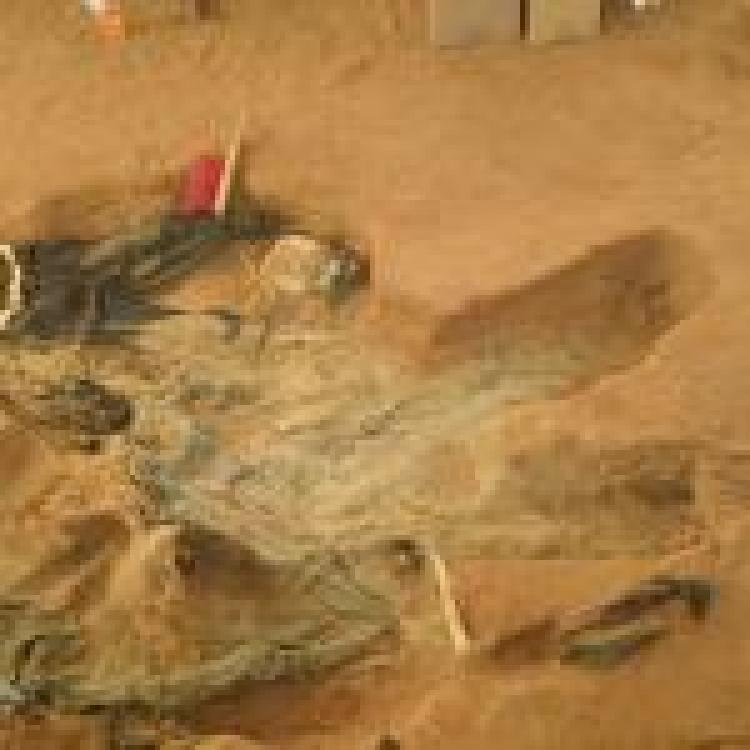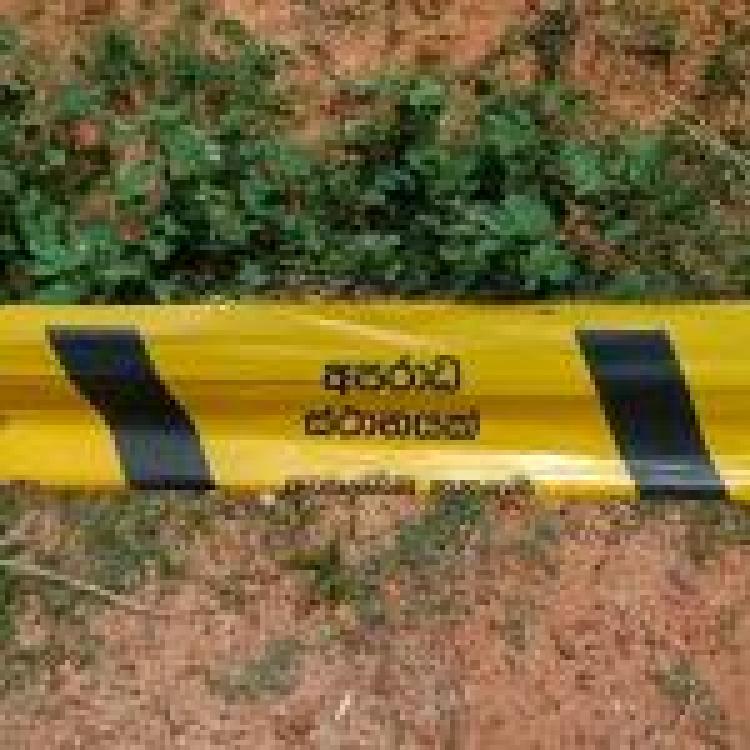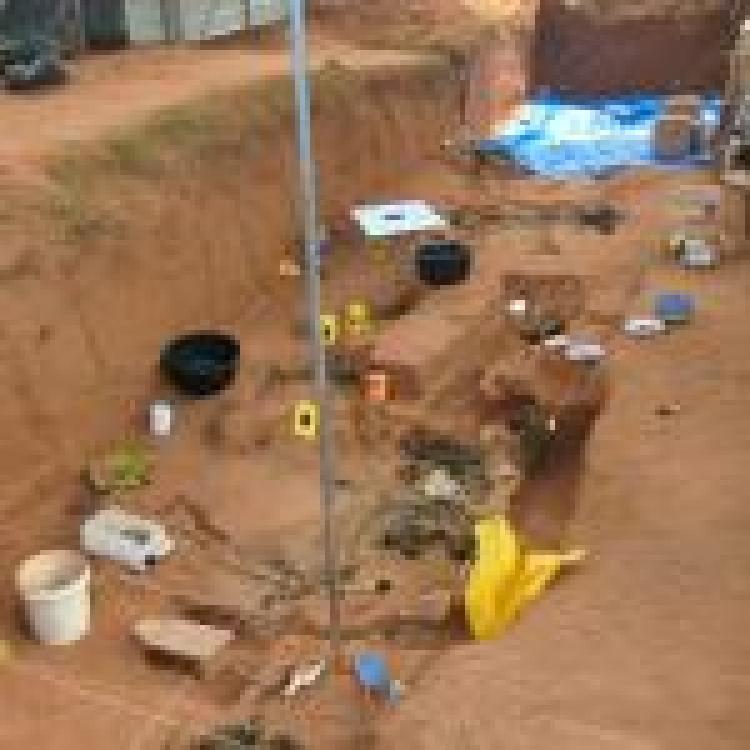Despite repeated requests for funding to complete the excavation work of the Kokkuthoduvai mass grave and following the postponement of two hearings over the lack of progress, the Sri Lankan government has finally said that the costs quoted for the excavation and research are too high, causing further delays to the protracted case.
The excavation work of the Kokkuthoduvai mass grave was taken up for hearing before the Mullaitivu Magistrate Court yesterday where the chief accountant of the District Secretariat informed the court that the amount quoted for the excavation work was too high. On an earlier occasion when the case was taken up for hearing, the counsels had stated that the funds were requested from the relevant department and written requests were made however there had not been a positive response.
When the case was taken up for hearing yesterday, the counsel informed the court that the funds had not been made available to continue the excavation work. The lack of funding continues to hamper the investigations into the skeletal remains that were found in this mass grave. During the last hearing, the Judicial Medical Officer (JMO) Dr. Kanagasbapathy Vasudeva confirmed that the bodies of 40 individuals whose remains were excavated from the Kokkuthoduvai mass grave were buried "in a hurry" without any religious rites, sometime between 1994 and 1996.
Dr Vasudeva said that the lack of funding has resulted in a delay in investigations and they have informed the government in writing to release the necessary funding. He added that forensic archaeologist Professor Raj Somadeva undertook the research.
In September last year, excavations revealed remnants of weapons, dog tags, and uniforms worn by Liberation Tigers of Tamil Eelam (LTTE) cadres, along with a device designed to purify water, all of which have been collected as vital pieces of evidence.
In the most recent excavation, the team uncovered partial skeletal remains of three victims, a vial of cyanide, and two dog tags belonging to LTTE cadres. Since the commencement of the excavation, a total of nine victims' skeletal remains have been exhumed.

